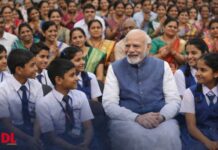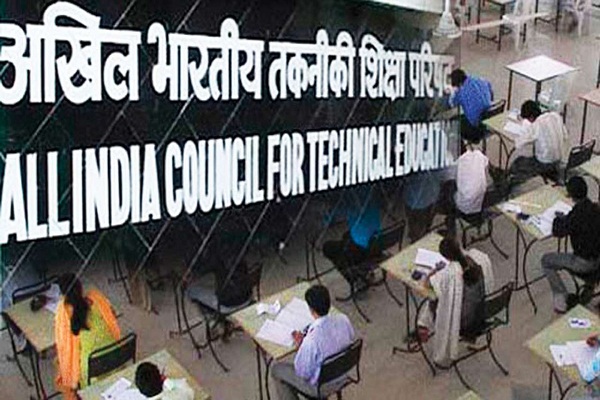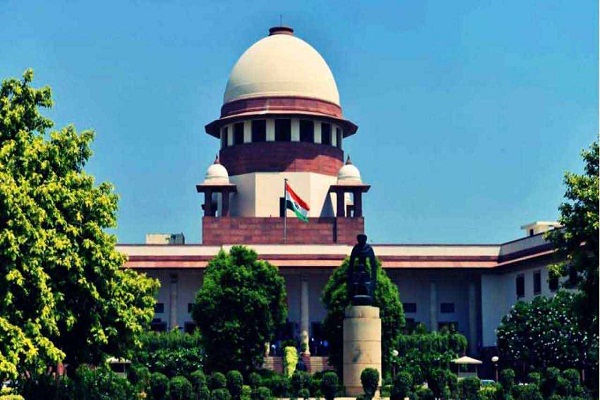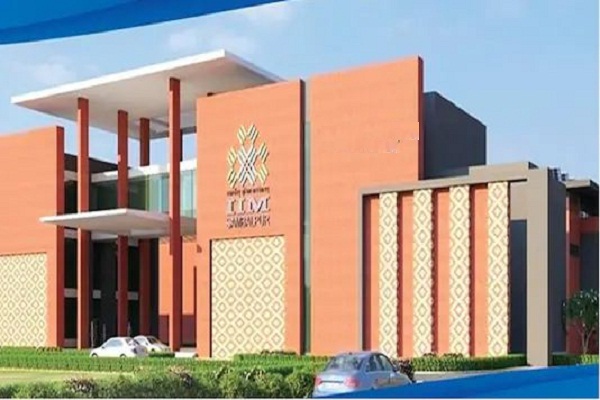A Special Team of the Supreme Court is scheduled to hear a plea in view of the cancellation of the Central Board of Secondary Education and Indian Certificate of Secondary Education exams for Class 12 students due to COVID-19 outbreak in India.
Advocate Mamta Sharma has stated, “Issue a writ of mandamus directing the respondents to cancel the examination for Class 12 and devise an objective methodology to declare the result within a specific time-frame.”
Ms. Sharma said, “Students cannot be made to suffer uncertainty in the midst of an unprecedented public health crisis posed by the COVID-19 pandemic.”
The petition also said that there should not be any uncertainty regarding exams crucial to the future academic study of Class 12 students.
Also read: CBSE’s 24th edition of Tele-Counselling for Students begins today
The petitioner said to use the same methodology as used in 2020 Boards, in the grading system in their earlier performances.
Ms. Sharma said, “The Boards had already cancelled the Class 10 exams. The same should be done for Class 12 students.”
“As far as the innocent students of Class12 are concerned, a step-motherly, arbitrary, inhuman direction has been issued to postpone their final examination for an unspecified duration, instead of following the directions propounded and accepted by them last year,” the petition said.





























